Goaltide Daily Current Affairs 2024
Current Affair 1:
India achieved record TB notification in 2023
The National TB Elimination Programme, India TB Report 2024, highlighted that 25.55 lakh cases of TB were notified last year, the highest since the launch of the National Tuberculosis Elimination Programme (NTEP) in the 1960s.
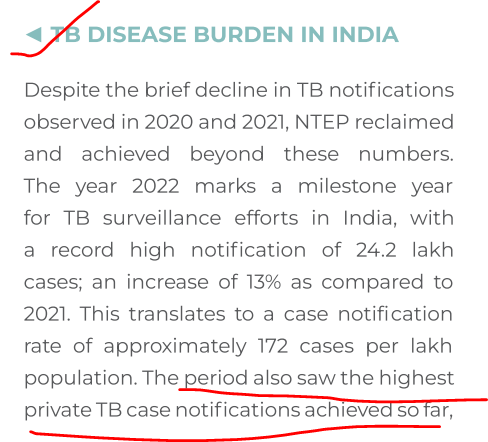
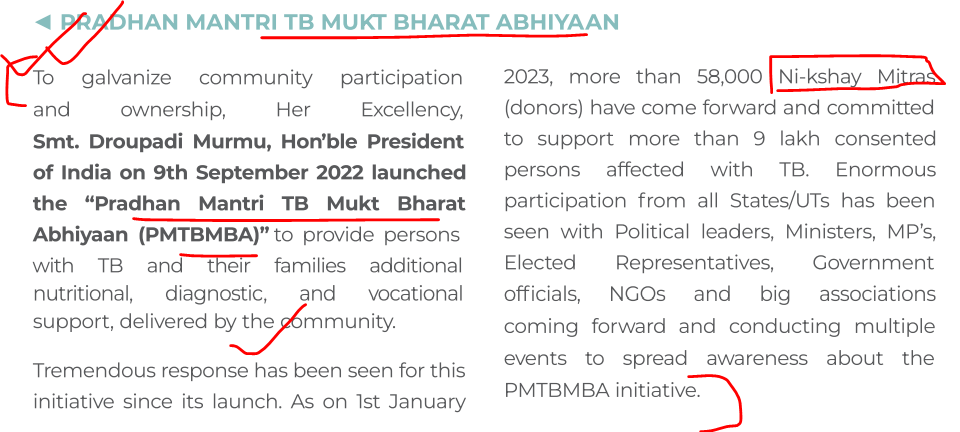
Structure of the National Tuberculosis Elimination Programme
National TB Elimination Programme (NTEP) is a centrally sponsored programme being implemented under the aegis of the National Health Mission (NHM) with resource sharing between the State Governments and the Central Government.
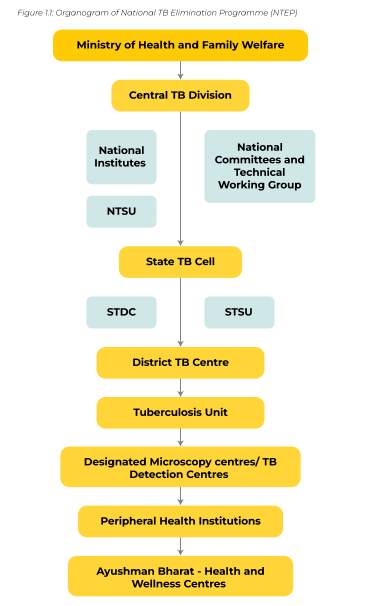
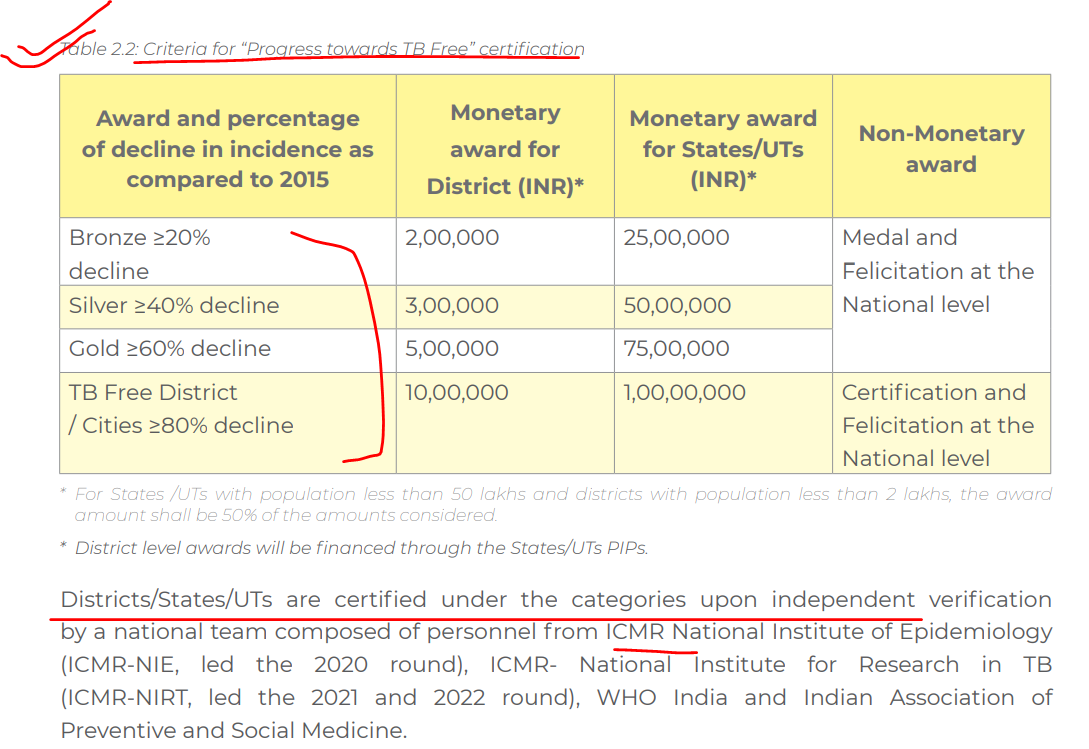
Besides marking a record total TB notification, 2022 also recorded the highest ever TB case notification from the private sector — 7,33,694, which was 77.1% of the target notification. In 2023, the number of TB notifications from the private sector increased further to 8,38,116, with a record 89% of the target.
Current Affair 2:
Plastic Waste Management (Amendment) Rules, 2024
News:

The Ministry of Environment, Forest and Climate Change of India has recently introduced amendments to the Plastic Waste Management Rules, 2016, through the Plastic Waste Management (Amendment) Rules, 2024.
The Environment Ministry has introduced rules that make it harder for makers of disposable plastic ware to label such products as ’biodegradable’, introducing a stipulation ‘that they must not leave any microplastics behind’.
Microplastics are defined as any solid plastic particle insoluble in water, with dimensions between 1 micron and 1,000 microns (1 micron is one-thousandth of a millimetre).
Biodegradable plastic involves plastic goods being treated before they are sold. When discarded, the material is expected to decompose naturally over time though there are no tests yet to determine if such plastics completely degrade. Compostable plastics, on the other hand, do degrade, but require industrial or large municipal waste management facilities to do so.
These changes signify a significant effort to address plastic pollution in India, particularly by targeting microplastics and setting stricter criteria for biodegradable plastics.
Certification Requirement:
Manufacturers are allowed to produce carry bags and commodities from compostable or biodegradable plastics, and must obtain a certificate from the Central Pollution Control Board (CPCB) before marketing or selling their products.
You do not need to know more than this for new amendment rules.
Current Affair 3:
Antarctic Circumpolar Current (ACC)
Researchers analyzed core samples from the central South Pacific to reconstruct the Antarctic Circumpolar Current (ACC)’s flow speed.

About ACC:
Antarctic Circumpolar Current (ACC)
- The Antarctic Circumpolar Current (ACC), also known as the West Wind Drift is the largest wind-driven current on Earth.
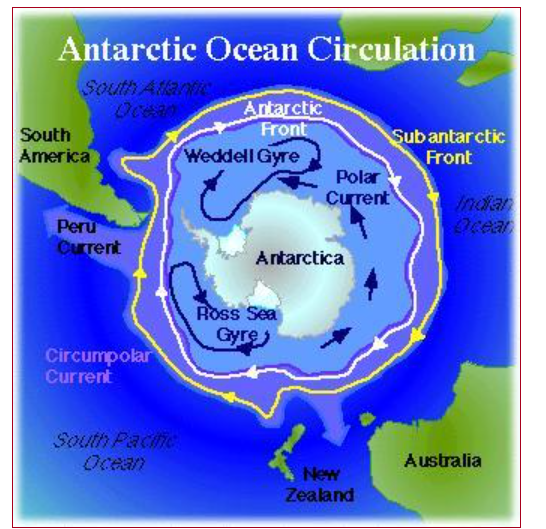
- ACC is the only current in the global ocean to close upon itself in a circumpolar loop. It flows in a clockwise direction when viewed from the South Pole.
- It is the only current that goes all the way around our planet and connects the Atlantic, Pacific, and Indian Oceans.
- It is a massive flow of water that acts as a barrier separating the Southern Ocean from more northern oceans.
- It plays a crucial role in regulating global climate by facilitating the exchange of heat, carbon dioxide, and chemicals between oceans.
Functions of ACC
- Climate regulation: The ACC helps distribute heat around the planet by moving warm water from the equator towards the poles and cold water towards the equator.
- Carbon sequestration: The ACC absorbs significant amounts of carbon dioxide from the atmosphere, transporting it deep into the ocean where it can be stored for centuries.
- Nutrient distribution: By stirring up water from different depths (upwelling), the ACC brings nutrients from the deep to the surface, supporting marine ecosystems around Antarctica and beyond.
- Isolates Antarctica continent: It minimizes the flux of surface subtropical heat into the polar oceans, thus thermally isolating Antarctica.
- It serves as the northern boundary to the polar seas, containing the fresh, cold, stable surface waters necessary for sea ice formation and limiting the northern extent of the seasonal sea ice fields.
Current Affair 4:
CoViNet
News:

World Health Organization (WHO) launched a global network of laboratories – CoViNet, to identify and monitor potentially novel coronaviruses that could emerge in the future.
- It currently includes 36 laboratories from 21 countries across all 6 WHO regions.
- Initially, the WHO COVID-19 reference laboratory network was focused on SARS-CoV-2, the virus responsible for COVID-19.
- CoViNet will now address a broader range of coronaviruses, including MERS-CoV (Middle East Respiratory Syndrome Coronavirus) and potential new coronaviruses.
Data generated through CoViNet’s efforts will guide the work of WHO’s Technical Advisory Groups on Viral Evolution (TAG-VE) and Vaccine Composition (TAG-CO-VAC) and help ensure that global health policies and tools are based on the latest scientific information.
<< Previous Next >>


